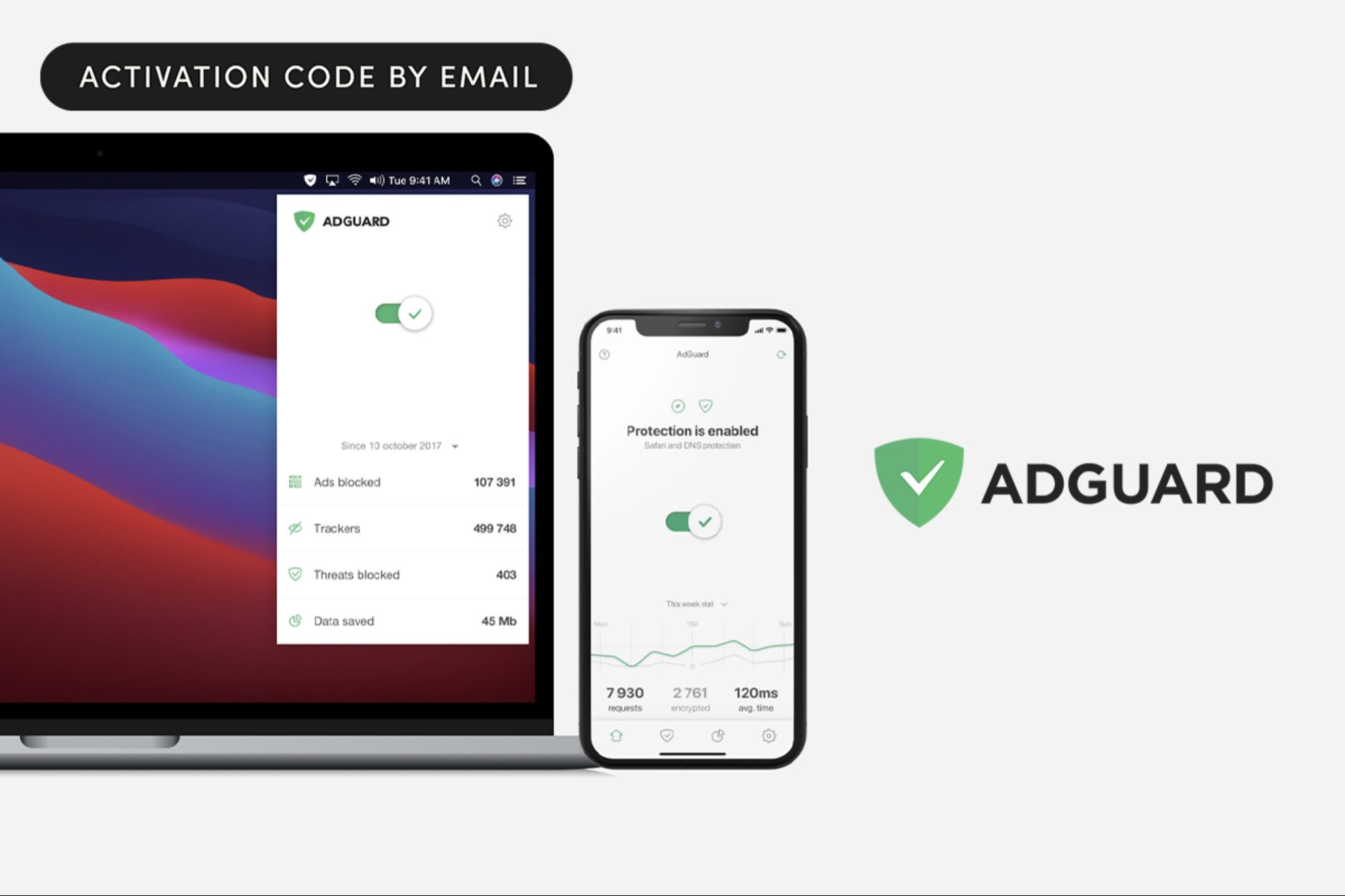Dare to Be Different Successful marketing means standing out from your competitors. Here are 4 steps to shedding your look-alike image.
Opinions expressed by BIZ Experiences contributors are their own.
Can your prospects tell the difference between your company and its closest competitors? If not, it may be time to overhaul your marketing strategy. Differentiation is at the heart of long-term marketing success, and the key to marketing strategy is originality.
Let's take a look at an old slogan. Most of us instantly recognize "Good to the last drop" as belonging to Maxwell House. This venerable slogan has been successful at differentiating the product from scores of competitors, including many that might otherwise appear virtually identical. Not only has it been hammered home year after year, but the slogan also works because it encapsulates the promise of the brand in a way that's uniquely valuable to the target audience.
Differentiation plays a key role in branding and is the foundation of a competitive advantage. And it profoundly affects your position in the minds of your prospects and customers. Effective differentiation can position you as No. 1 among your competitors--the company or brand customers turn to first--while a poor differentiation strategy can leave you buried in the middle of the pack.
Are you ready to develop your own differentiation strategy? Here are four steps to get you started.
1. Evaluate competitive messages. Your first step is to gather and evaluate the marketing materials of your chief competitors, including their ads, brochures and website content. Don't be surprised if you see a lot of "me too" marketing. There's simply a lot of bad marketing out there, and the fact that many of your competitors have no differentiation strategy will work to your advantage.
At least some of your competitors--usually the category leaders--will make promises that resonate with their target audiences. Carefully review the benefit statements your competitors make, and determine what claims set them apart.
2. Find what makes you unique. For a companywide differentiation strategy, consider what separates you from the competitors you've evaluated. Whether you market a product or operate a service business, such as an accounting firm or a power-washing company, it's essential to clearly differentiate through your marketing how what you offer is of unique value.
Your point of differentiation may relate to the way your product or service is provided, priced or even delivered. The most important thing to discover is the principal benefit you offer that is uniquely valuable to customers and gives you a competitive advantage.
3. Tell the world. Your next step is to create a new marketing message that communicates your product or service's unique value. This message should become the core of your entire marketing campaign. To successfully gain a competitive advantage, consistently drive this point of differentiation home until it becomes integral to your brand image.
For example, through its slogan, Maxwell House communicates that its coffee will always taste good, not bitter, down to the very bottom of the pot. When repeatedly communicated through ongoing marketing, it's this assertion about being "Good to the last drop" that differentiates the product and has helped make it successful over the years.
4. Keep your promise. Effective differentiation has everything to do with customer satisfaction, which builds loyalty and often trumps price as a primary consideration of consumers. As long as your company can sustain its ability to differentiate in a way that consistently meets consumer expectations, customers may reject lower-cost competitors in favor of what you have to offer.
The bottom line is that customers see the value of what's offered. Rather than go elsewhere for a simi-lar product or service at a lower price, they'll stay loyal because of the "intangibles." Nothing costs you customers faster than a disconnect between the promises made in marketing and the reality of customer experience with your product or brand. So for long-term success, your company or product must live up to its marketing promise.











